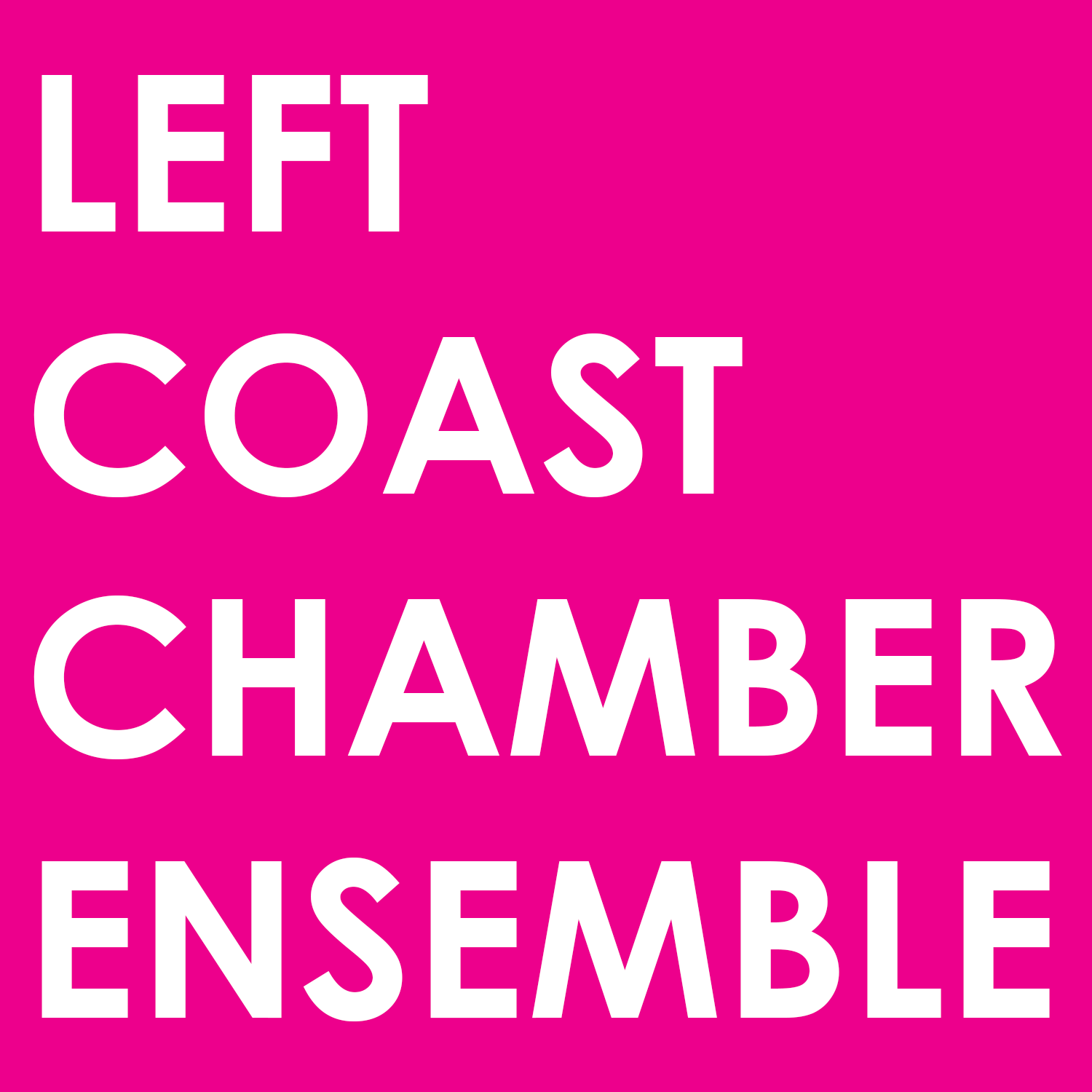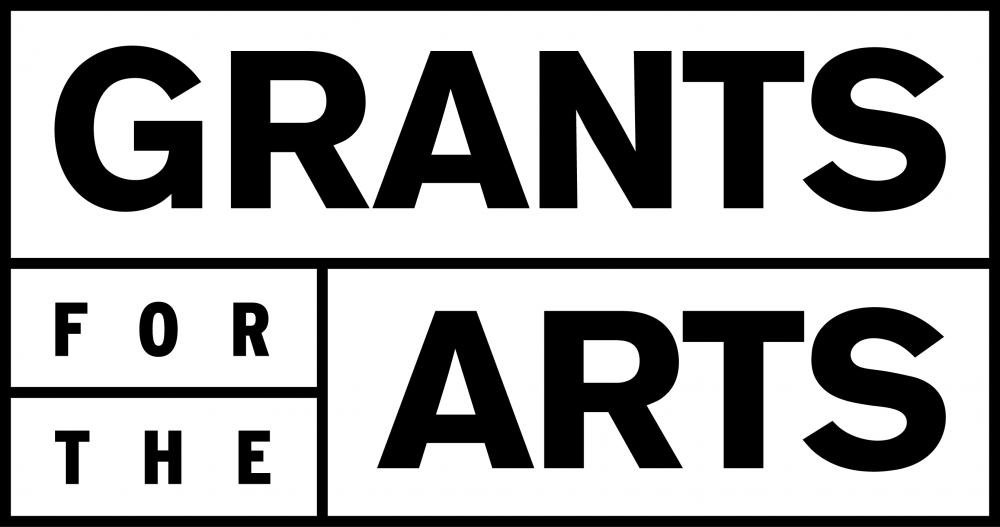Starry Night
Composers connect across night-filled landscapes
Left Coast Chamber Ensemble presents Starry Night, an evocative chamber music concert about dreams and moonlit walks and talks. The world premiere of Josiah Catalan's flute concerto Night of the South Winds is featured alongside Arnold Schoenberg's Transfigured Night, Nina Shekhar's Bedtime Stories, and Sleepless Night, by Bay Area composer Marty Rokeach.
Josiah Catalan • Night of the South Winds (Flute Concerto)– WORLD PREMIERE
Nina Shekhar • Bedtime Stories
Martin Rokeach • Sleepless Night
Arnold Schoenberg • Verklärte Nacht (Transfigured Night)
This concert is sponsored by Carla Hesse & Tom Laqueur, in memory of Sarah Aaron Hazan Hesse.
>> VACCINATION & MASK POLICY
Piedmont Center for the Arts, June 4, 2023 —> Vaccination record and masks required for entry
SF Conservatory of Music, June 5, 2023 —> Vaccination record and masks not required
Please note, these Covid-19 policies are the policies of the venues that our concerts take place within.
Sunday, June 4, 2023, 7:30PM
Piedmont Center for the Arts
801 Magnolia Ave, Piedmont, CA 94611
Monday, June 5, 2023, 7:30PM
SF Conservatory of Music
50 Oak Street, San Francisco, CA 94102
Wheelchair accessible seating is available at our regular venues–Berkeley PIano Club, San Francisco Conservatory, Bayview Opera House, Piedmont Center for the Arts, Brava Theater, and the Center for New Music. Please contact Christina Ge at Patron Services 415- 617-5223 or info@leftcoastensemble.org for assistance or additional information.
program notes
Nina Shekhar Bedtime Stories (2017)
For flute and piano
Duration: 13 minutes
I. Monster
II. Cheese Moon
III. Dream (or Nightmare) Waltz
Commissioned by Amy Porter
When University of Michigan flute professor Amy Porter asked me to write her a flute sonata, I immediately knew that I wanted to write something slightly out of the norm. So often, we associate sonatas with a stuffy and weighty set of conventions, and instead I wanted to write something that was sweet, playful, fun, and maybe a little feisty.
Bedtime Stories attempts to capture the whimsy and innocence associated with children and nighttime. Like many children, I feared that a monster lived underneath my bed, as portrayed in the first movement, “Monster.” The second movement, “Cheese Moon,” is about the common fable that the moon is made of cheese. The final movement, “Dream (or Nightmare) Waltz” is a whimsical cross between a fanciful dance and a monster ball.
Many thanks to Professor Porter for commissioning this piece. (Nina Shekhar, 2017)
Martin rokeach Sleepless Nights (2003)
Sleepless Night was composed in 2003 for New York's Cygnus Ensemble. To my ear, this one-movement quartet conveys a sense of restrained agitation, an inability to find repose, which reminds me of laying awake in quiet turmoil. (Martin Rokeach, 2003)
Josiah Catalan Night of the South Winds (World Premiere)
The music of this concerto was largely inspired by a recent trip to the Philippines I had with Kularts where we visited various locations and tribes in Mindanao. During this trip, I was exposed to a number of indigenous musical practices with communities in Tawi-Tawi, Cotabato, and Lake Sebu. As a first-generation Filipino-American, I arrived feeling vastly separated from these communities but by the end of our trip, I found a stronger connection between myself, this land, and these people and their traditions through our experiences together. The music in Night of the South Winds recalls the faint, vivid, and constant resonances of indigenous Philippine music through these memories of lived experiences during my time there, and finds a way to connect these resonances in the music through the instruments that I am more familiar with in my compositional practice - flute, guitar, violin, viola, and cello. While there is this disconnect between the non-Western music I experienced and my Western training as a musician, I found the process in composing this piece to be quite special compared to other pieces I have written in the past, where I found myself looking more deeply for some of these “musical truths” that the late composer José Maceda was also searching for in his own pieces. This performance is dedicated to these people and cannot have been made without them: Stacey Pelinka, LCCE, Kurt Rohde, Alleluia Panis & Kularts, and the people of the Sama-Bajau, Maguindanon, and T’boli tribes who welcomed us in and shared their stories, practices, and traditions with us. (Josiah Catalan, 2023)
Arnold Schoenberg Verklärte Nacht (Transfigured Night), Op. 4 (1899)
Arnold Schoenberg (1874-1951) is so well known for codifying twelve-tone system of serial composition in the 1920s-30s that it’s easy to overlook some of his less radical innovations. Among other things, he was one of the first to write a significant work of chamber music with a detailed program or storyline: Verklärte Nacht, or Transfigured Night. With this score, Schoenberg claimed a dual inheritance. He situated himself as an heir to Johannes Brahms (well known for his string sextets and for quartets that the young Schoenberg had long admired). At the same time, he mobilized the expressive harmonic and thematic resources of Wagner and Richard Strauss, whose narrative tone poems were clearly an inspiration to Schoenberg in both form and content. For Strauss, it was Death and Transfiguration. Schoenberg, by contrast celebrated the transfiguring power of love. At times the intensity of this score seems simply to overwhelm the supposedly “polite” aura of chamber music; indeed, Verklärte Nacht is frequently heard in arrangement for string orchestra. Yet as we will hear tonight, the original version for string sextet preserves an intimacy of address singularly appropriate to the underlying story.
Schoenberg wrote his sextet in the white heat of a passionate engagement with the poetry of Richard Dehmel. It took him only three weeks to compose nearly half an hour of music, each moment of which seems pregnant with the meaning and emotion of the unsung text. The poem, drawn from a collection that landed Dehmel in court for its erotic blasphemy, tells of an unnamed woman and her lover, walking through the forest night. The woman confesses in anguish that before their meeting, having despaired of marital happiness, she conceived a child by stranger. The man replies that the unborn child will become his own through the transformative power of their shared love. Framed and separated by three forest interludes, these two speeches emerge audibly as instrumental “voices”–the woman’s tortured lament in the upper strings is eventually answered by a strikingly forthright utterance in the cello. In some ways the most magical music occurs after this outpouring of compassionate acceptance. Even listeners who anticipate and yearn for the shimmering D-Major arpeggios that will mark the sextet’s moonlit ending can marvel at the musical tactics of decoration and delay that Schoenberg uses to prolong the couple’s nocturnal journey and to enhance the arrival of what could easily have been a perfunctory happy ending. Instead, the ebb and flow of Schoenberg’s score remind us that true transfiguration, even transfiguration by love, is not a momentary flash in the pan but a process, perhaps one that lasts a lifetime. (Beth Levy,2023)










